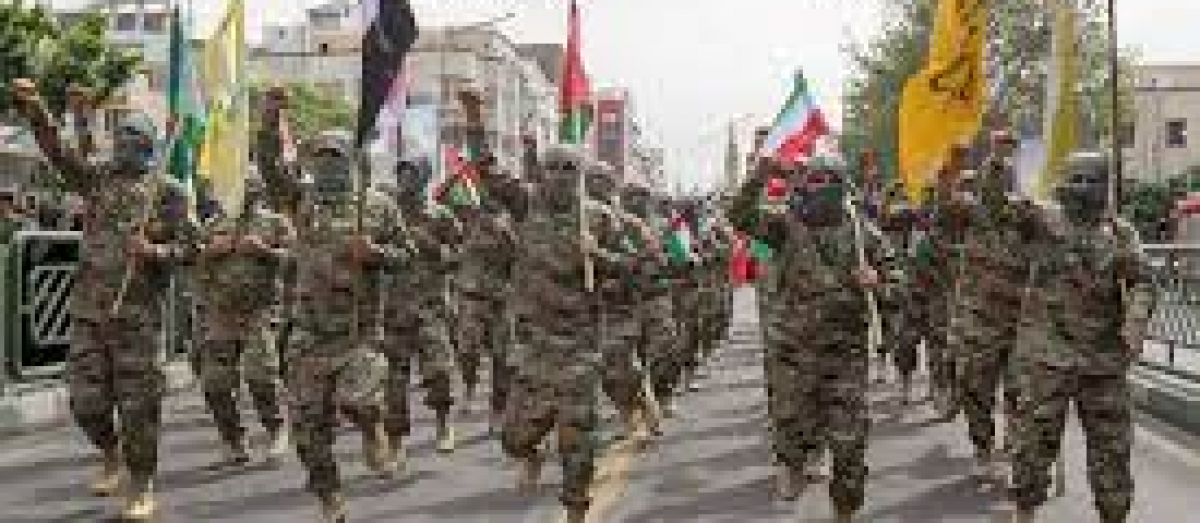
Hezbollah, the Shiite political and military organization based in Lebanon, has historically garnered support from various states and Islamic organizations, solidifying its position as a regional player. In this article, we delve into the states that have historically supported Hezbollah and explore the backing it receives from Islamic organizations, shedding light on the type of support the group enjoys in the Middle East.
States Supporting Hezbollah:
Iran: The primary and longstanding supporter of Hezbollah is Iran. The alliance between the two dates back to the establishment of Hezbollah in the 1980s. Iran provides significant financial, military, and political support to Hezbollah, considering it a crucial proxy in the region. This support includes weaponry, training, and financial aid, solidifying the bond between Tehran and Hezbollah.
Syria: Historically, Syria has been a key ally of Hezbollah, particularly during the Lebanese Civil War. However, the Syrian conflict strained this relationship due to Hezbollah’s involvement in supporting the Assad regime. Despite occasional tensions, the historical ties between Syria and Hezbollah have contributed to the group’s influence in Lebanon and the broader region.
Islamic Organizations Supporting Hezbollah:
Amal Movement: While not an Islamic organization per se, the Amal Movement in Lebanon has had historical ties with Hezbollah, particularly during the Lebanese Civil War. While the relationship has witnessed periods of cooperation and competition, both groups share Shiite roots and common political objectives, contributing to occasional collaboration.
Type of Support:
Financial Support: States supporting Hezbollah, especially Iran, provide significant financial aid. This includes funding for the group’s social services, as well as military expenditures, enabling Hezbollah to maintain a robust presence in Lebanon and the region.
Military Assistance: Iran plays a crucial role in arming and training Hezbollah’s military wing. This military support has allowed Hezbollah to become a formidable force in the region, shaping its role in conflicts such as the 2006 Lebanon War and the Syrian Civil War.
Political Backing: Beyond military and financial aid, states like Iran offer political support to Hezbollah, advocating for its interests in regional forums. This backing helps legitimize Hezbollah’s political presence in Lebanon and reinforces its standing as a significant regional actor.
Conclusion:
Hezbollah’s alliances with states and Islamic organizations play a pivotal role in shaping its influence in the Middle East. The unwavering support from Iran, coupled with historical ties to Syria and connections with Shiite groups like the Amal Movement, contribute to Hezbollah’s multidimensional presence. The financial, military, and political support it receives bolster its standing, making it a key player in the complex geopolitical landscape of the region. Understanding these alliances and types of support is crucial for comprehending the broader dynamics in the Middle East.




